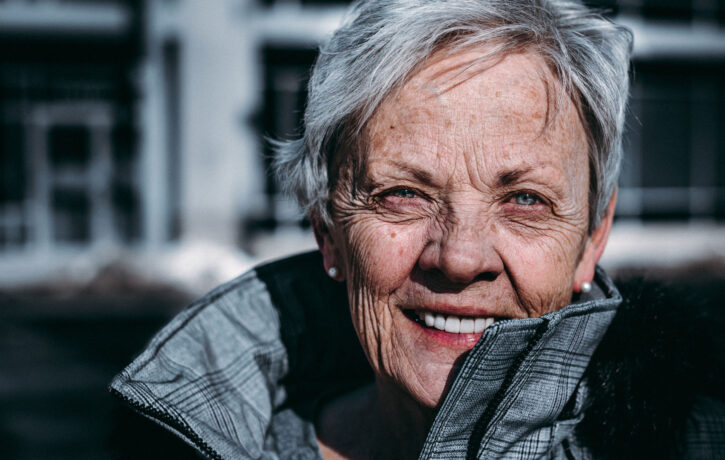in Osteopathy
Are Physical Changes the Cause of Pain as We Get Older?

Ageing is something we all want to resist at certain stages of our lives. After all, we are all living much longer nowadays and it’s unavoidable we become dissatisfied with some aspects of the aging process. One of the main things people feel as an inevitability of ageing is physical aches and pains.
I’m not so sure! I definitely feel age creeping up on me. I turn 50 next year and my body does not recover as well as in my younger years but I’m also in possibly the best condition I’ve been in for the last 30 years. Are the aches and pains due to getting older? Maybe; but I am also quite convinced that it could be more to do with a lifetime of minor injuries that research suggests could sensitise the nervous system and increase inflammation and the response to tissue stress and strain.
Don’t get me wrong, the evidence has shown that time causes degenerative changes to your body and tissues, but these changes affect us all and yet pain and the areas of pain differ in all of us. The fact is that there is NO correlation between the level of age-related degenerative changes and the level of pain and dysfunction. We can see on scans that some individuals have significant physical changes to their cartilage, tendons and muscles and yet, have very little pain and then some have significant pain and disability and very little, or small degenerative changes. How can this be?
The answer is that pain is far more complicated than just what is going on in our bodies. Our muscles, bones and joints require a lifetime of conditioning and strengthening to stay healthy, and if we don’t work at this, these tissues will decondition relatively quickly.
Data suggests that over the age of 50, we lose 10 per cent of our muscle mass each decade we live on. Is this purely about ageing, or could we argue that in our culture we are conditioned to think about taking things easy from a certain age? We look at retirement from the age of 60/65 and most of us expect to take things easy. This is quite an attractive proposition as our work lives can be pretty stressful. However, when we look at comparative data from cultures where there is no retirement age, i.e., tribes that still live a relatively hunter-gatherer lifestyle, there is not the same level of muscle wasting seen. So maybe these changes are more prevalent because we become less active rather than purely ageing alone.
This seems to suggest that maintaining physical activity reduces the risk of deconditioning that can result in more pain and as such preserve better health, and it follows that our quality of life remains at a higher level for longer.
If you are struggling with aches and pains that you feel are age-related, please get in touch and arrange an osteopathy consultation to gauge the kind of movement and exercise that are possible for you, and to improve these symptoms and preserve your quality of life moving forward.
Contact Matthew Oliver at The Body Matters to find out more on 01702 714968.
- Consult Your Body’s Inner Wisdom - 25th September 2025
- Unpacking Misconceptions About Deep Rest Meditation - 26th August 2025
- The Missing Piece in Wellness? Why Realization Process Offers More Than Mindfulness - 22nd July 2025
